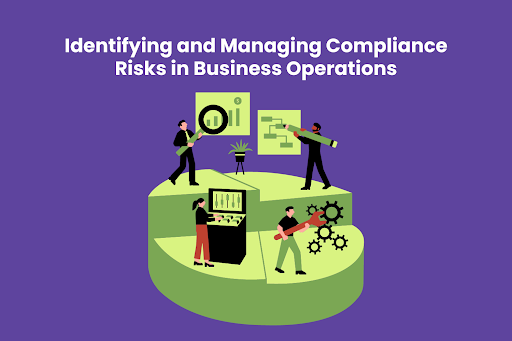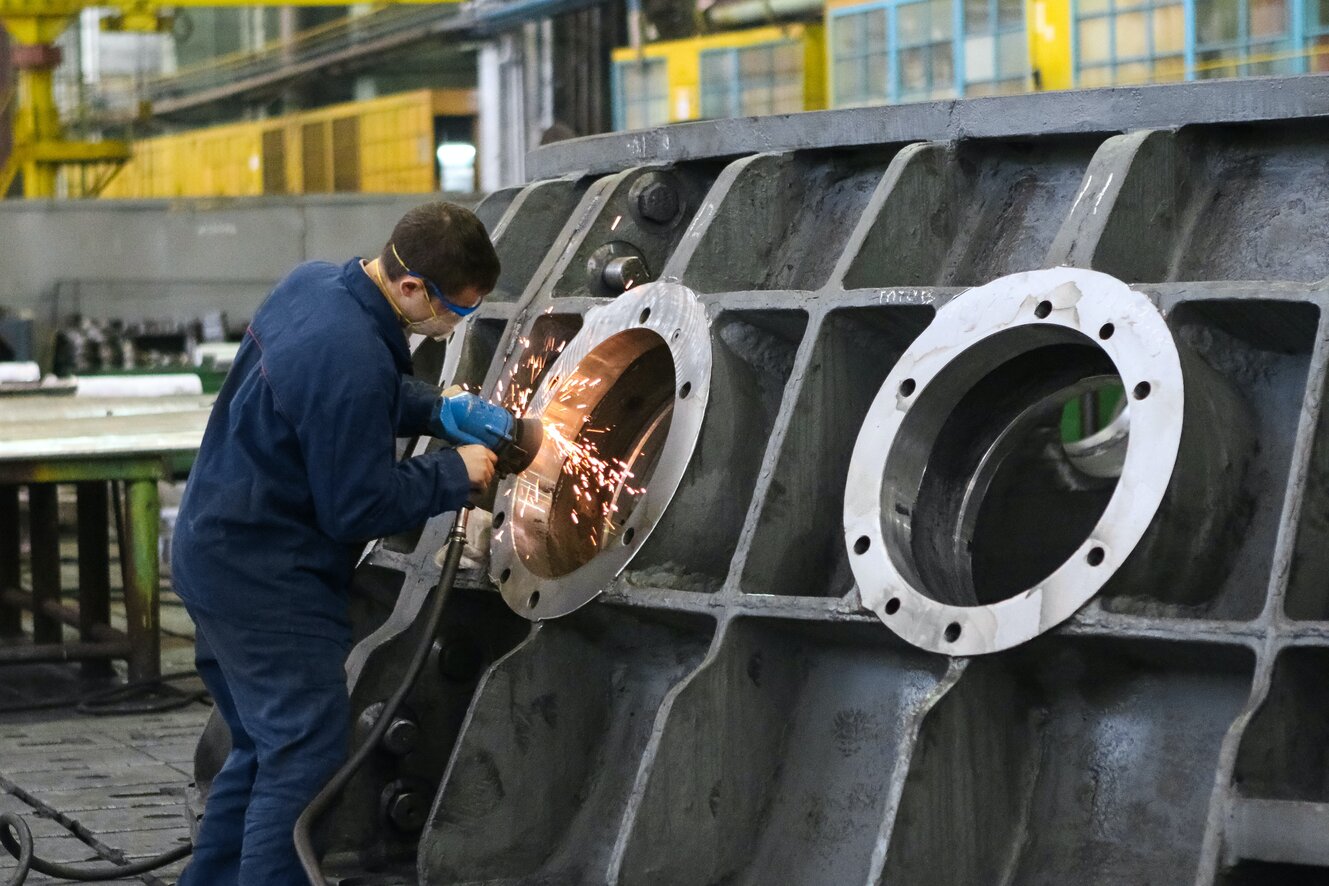
The battery life of a laptop is a major factor when buying one. It’s important to know the battery’s life expectancy and know how long it lasts. You should also consider which features you can use while on the go without worrying about running out of juice.
This article will help you understand what affects battery life and how to extend it. The article also goes over some additional factors you should consider to find a laptop that meets your requirements.
Understanding Laptop’s Battery Life Expectancy
Laptop batteries consist of multiple cells with different voltage levels and capacities. The total capacity is measured in watt hours (Wh), representing how much energy the battery stores at full charge. The more cells there are, the larger the Wh rating will be. Laptops generally have between 5 and 10 cells inside their batteries.
Battery life is a big concern for many laptop users. A laptop computer can be a great investment, especially if it will be used to store and process important documents, pictures, and other files. The battery of a laptop is an important component because it determines how long you can use your laptop without being connected to an outlet.
Laptop batteries comprise several components, including the battery cells, the power management system, and the casing that holds everything together. The power management system is responsible for controlling how much power leaves or enters your battery. It also controls how often your computer tells its hardware devices to check for updates and other information from the Internet.
Getting the Most Out of the Battery Life
If you want to get the most out of your battery life when using your new laptop computer on or off the grid, you should ensure that all of its software is up-to-date and that you have installed all available patches from Windows Update. You should also disable any unnecessary services or applications running in the background when using your laptop off-grid (without access to a wall outlet).
Other Things to Consider
Here are some issues to consider when buying a laptop:
Operating System
If you want Windows 10 as your operating system, make sure the laptop has this installed before purchasing it. Otherwise, if you choose an older version of Windows, such as 7 or 8, look at whether they have drivers available online, allowing these older versions of Windows to work on newer hardware. If there are no drivers available online, then it might be time to upgrade your computer because there is no way for it to work properly without them installed first.
Processor Speed
Another important consideration is processor speed. The faster the processor speed, the faster your computer will perform tasks like running applications or playing video games. Many computers come with several speeds tailored toward specific uses like gaming or watching movies.
Memory
Another important consideration is memory size because it determines how quickly your computer performs tasks and how much data you can store on it simultaneously (as well as how many programs can run simultaneously). The more memory available in your computer, the better off it will perform when multitasking or running multiple programs at once,
Storage Capacity
Storage capacity refers to the amount of data that can be stored on your device at one time before running out of space. If you plan on storing large amounts of data, such as photos and videos, on your computer, you’ll want to ensure enough storage space for what you need.
Resolution
Resolution refers to how many pixels there are in an inch of your display. The higher the resolution, the sharper everything looks on your screen — but it also means that you’ll need better hardware inside your notebook to use that extra pixel density. For example, having a 1080p display on a 13-inch laptop isn’t going to look as good as having a 4K display on a 15-inch one because there aren’t enough pixels in each inch of screen real estate on the smaller device. They’ll look very pixelated unless you’ve got decent hardware inside that can easily handle all those extra pixels (which is why most 13-inch laptops don’t have 4K displays).
Screen Size
The bigger the screen, the better. Laptops with 15-inch screens are standard, but if you have the budget, go for 17 inches or larger. You’ll be able to see more while you work or play games on these screens without having to squint too much or scroll back and forth.
Budget
As we all know, laptops are not cheap. So before purchasing one, you must set your budget right before purchasing one. If your budget is low, you can look at some affordable laptops on the market. However, if your budget is higher, many options are available with great features too!
Make the Right Choice!
If you are a student, then you should buy an affordable laptop. If you are a professional, you should spend some money on a good-quality laptop. The best way to choose the right laptop is to do your research and find out what other people have to say about it. Also, take stock of your needs and requirements to make the right choice.

Your go-to source for the latest in tech, finance, health, and entertainment, with a knack for distilling complex topics into accessible insights, We deliver timely updates on the ever-evolving landscapes of technology, finance, health, and entertainment








